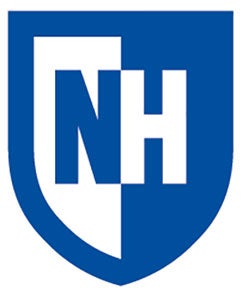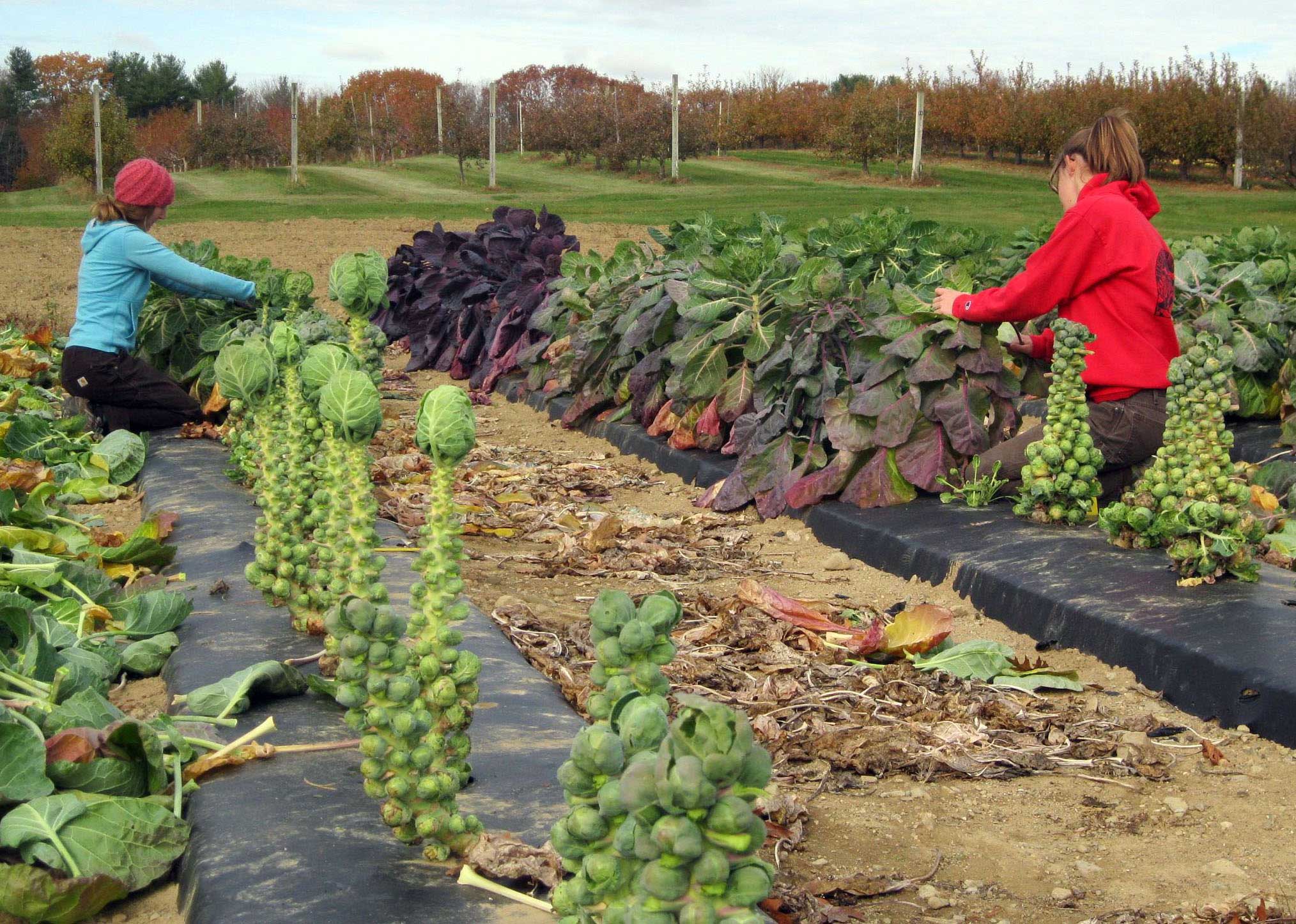University of New Hampshire College of Life Sciences and Agriculture
Durham, NH
Founded in 1866
One of only four universities to have received the highest ranking in sustainability from the Association for the Advancement of Sustainability in Higher Education.

Suburban
setting
13,000+
Students
77%
Acceptance Rate
$18,879 / $35,409
Tuition In-state / Out-of-state
Overview
School Website >>The College of Life Sciences and Agriculture (COLSA) at the University of New Hampshire brings together the programs and faculty dedicated to educating undergraduates interested in all aspects of agriculture and the fundamental role it plays in public health, environmental systems and global stability. From learning the science behind soil productivity, crop yield and animal health in the classroom, to applying your knowledge and skills on one of our nationally top-twenty-ranked university farms, you will graduate well prepared for an exciting and challenging career in a variety of fields, including sustainable agriculture and food systems, animal science, nutrition and dietetics, veterinary medicine, and the equine industry.
COLSA includes the New Hampshire Agricultural Experiment Station, one of the largest research organizations at the university. NHAES funds research on sustainable agriculture and foods, aquaculture, forest management and related wildlife, environmental, natural resources, and rural community topics and operates several key research facilities at or very near the university, including the Woodman Horticultural Research Farm, Kingman Research Farm, Macfarlane Research Greenhouses, the Fairchild Dairy Teaching and Research Center, the New Hampshire Veterinary Diagnostic Laboratory and the Organic Dairy Research Farm. NHAES-funded scientists manage more than 50 research projects at any one time and are continuously enlisting undergraduates to assist them in their work.
In addition to four-year majors, the college also has three associate degrees: Applied Animal Science: Animal Agriculture, Forest Technology, and Veterinary Technology, as well as several ag-related minors: Agribusiness, Animal Behavior, Animal Science, Brewing, Culinary Nutrition and Food Studies, Dairy Management, Environmental Horticulture, Environmental and Resource Economics, Equine Studies, Forestry, Nutrition, Plant Biology, Sustainable Agriculture and Food Systems, and Sustainable Energy. Students enrolled in our agriculture-related majors can also choose to study abroad, and along with the more than 400 programs available through the UNH Global Education Center, COLSA offers four agriculture-relevant study abroad programs to Costa Rica, Ireland, Italy, and New Zealand.
Agricultural Degrees Offered
- Animal Sciences
- Environmental and Resource Economics
- Equine Studies
- Forestry
- Human Nutrition and Dietetic Sciences
- Nutritional Sciences
- Sustainable Agriculture and Food Systems
- Ecogastronomy
- Environmental Conservation and Sustainability
- Therapeutic Riding
Admissions
Total Enrollment: 13,000+
Agricultural Students: 2,208
Male Female Student Ratio: 45%/55%
Acceptance Rate: 77%
Applying
Application Fee: $65
Application Deadline: February 1
Target GPA: 3.5
Target SAT Score: 1175 (SAT optional)
Target ACT Score: 25
Tuition
In-State: $18,879
Out-of-State: $35,409
Room and Board: $11,942
More Info
Religious Affiliation: non-denominational
Faculty/Student Ratio: 19/1
Woodman Farm & other facilities
One of several farms located on or very near the main campus, the primary activities here are research, experiential instruction, and outreach on the production of horticultural and ornamental crops. Recent and ongoing research includes efforts to reduce dependence on pesticides, pollinator habitat assessment, use of high tunnels to hasten and extend the growing season for fruits and vegetables, evaluation of seedless table grape varieties, and the establishment of the most expansive kiwiberry breeding project in the nation. Woodman is a part of our compost collaboration with UNH dining halls that provides opportunities for teaching, research and outreach on sustainable reuse of farm and food wastes and supports soil health on our campus farms. Other facilities: • Fairchild Dairy Teaching and Research Center • Food Production High Tunnels • Kingman Farm • Macfarlane Greenhouses • Organic Dairy Research Farm • Brewing Science Laboratory • Equine facilities • New Hampshire Veterinary Diagnostic Laboratory • UNH Compost Operation
